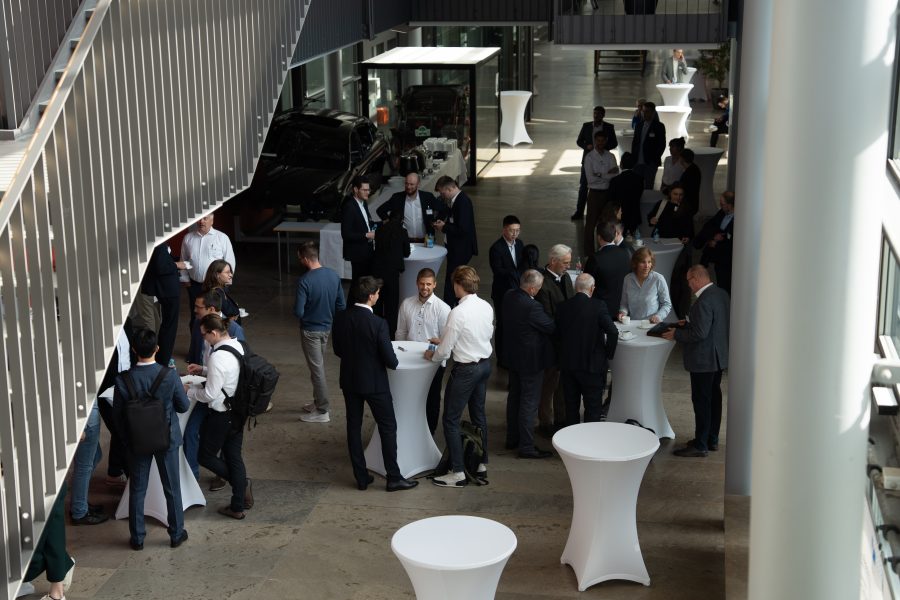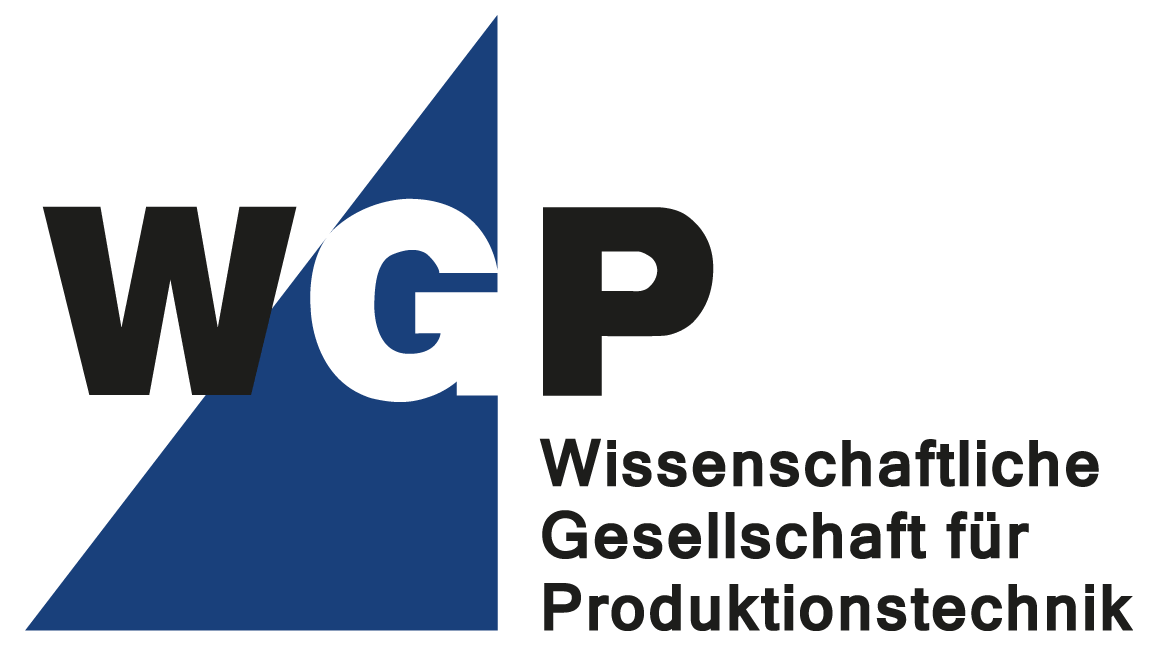
Frankfurt, 13 October 2025 – How can the production of modern drive systems for heavy goods vehicles be optimised? How can the recycling of products be optimised in view of uncertain return qualities and quantities? And how can AI help to minimise shifts at the tool centre point that occur during milling? These and many other questions were answered at this year’s WGP Annual Congress at the Production Technology Centre Hannover (PZH) last week. ‘This year, we saw a whole range of extraordinary new approaches for the production of tomorrow,’ says Prof. Michael Zäh, President of the WGP. ‘We want to encourage this commitment on the part of our young students and bring it to the attention of the public.’
A total of 73 young talents from the field of production sciences presented their research results last week on sustainable production processes and circular economy, artificial intelligence and automation, digital transformation, production management and innovative manufacturing technologies. The congress thus fully lived up to its motto ‘New impulses for production – intelligent, efficient, digital’.
Optimising milling processes and the circular economy
Maurice Engels from the Institute for Production Technology (wbk) at KIT showed, for example, how reprocessing processes can be successfully implemented. The problem in a company designed for circular economy is the uncertain return quality of components and materials, fluctuating quantities and variable process times. Engels presented a novel framework that models stochastic return inputs and dynamic processing conditions. ‘It facilitates decision-making processes that can significantly simplify production planning and increase production,’ explains the WGP President.
Of course, many young scientists also focused on artificial intelligence and innovative manufacturing technologies. Matthäus Loba from the WZL at RWTH Aachen University, for example, presented replacement models that use artificial neural networks (KNN) to make it easier to determine the tool centre point (TCP) during milling. While analytical models offer high computational efficiency, finite element models (FEM) provide greater accuracy. However, depending on the number of elements, they require significantly longer computing times, which makes real-time calculation impossible. Based on FEM simulations, Loba trained several ANNs, the best of which calculated the FE simulations with an average absolute percentage error of less than 1% on the training data.
Best Paper Award for optimised drive system for heavy-duty transport
The award for the best paper of the annual congress went to Heiko Krauss from the Institute for Forming Technology (IFU) at the University of Stuttgart. Thanks to KNN, he had also shown how fluctuations in process parameters during the production of bipolar plates (BPP) can be better prevented, as even minor changes lead to cracks and springback. BPPs play a crucial role in fuel cell systems, which are an important source of energy for modern drive systems, especially for heavy-duty applications.
Krauss developed a novel system for quality assurance and process control for the series production of BPPs. He carried out several simulations of the BPP stamping process with different process parameters such as friction coefficient and hold-down force in order to first create a process database. He then used this database to train the KNN of a digital twin. He then demonstrated that the KNN can predict process parameters and is therefore suitable for use by a control algorithm to recommend process parameter adjustments.
Salzgitter and other companies to round off the event
In addition to providing an overview of exciting innovations, the annual congress also offered an opportunity to exchange ideas and establish new networks. Another highlight were the three excursions at the end of the event. Participants had the opportunity to visit the companies VSM AG, Viscom SE, MeKo Manufacturing and Salzgitter AG. These excursions offered an exclusive insight into industrial practice and showed how scientific findings are implemented in production.
To ensure that the research results presented in Hanover are available to everyone, the papers presented will be published in a conference proceedings following the congress.
Download:
Image 1: WGP Annual Congress in Hanover, 30 September to 2 October 2025; Source: René Laeger
Image 2: Presentation of the Best Paper Award at the WGP Annual Congress 2025, (from left to right), Prof. Bernd-Arno Behrens, IFUM Hanover; Heiko Krauss, IFU Stuttgart; Source: René Laeger
Image 3: Prof. Michael Zäh, WGP President; Source: iwb TU Munich, Sebastian Kissel
